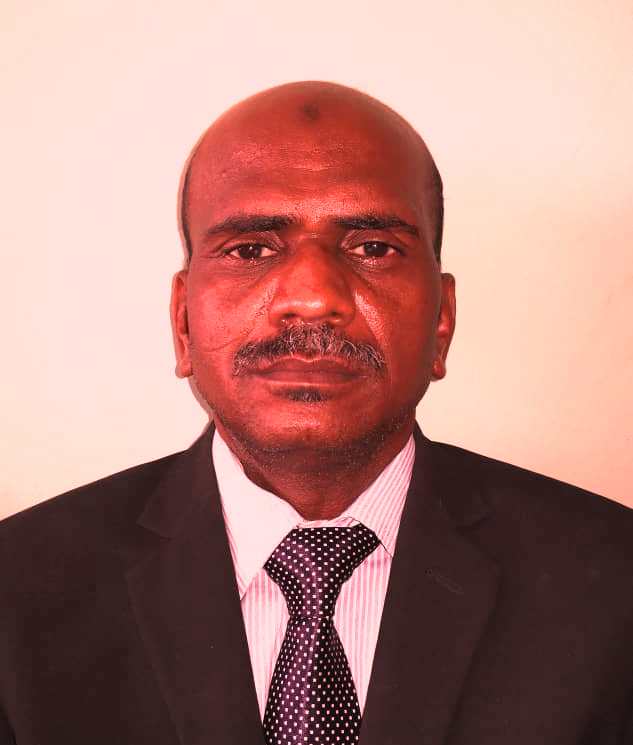By Dr. Abasher Elhaj
Being magnanimous requires great deal of loftiness of spirit enabling you to bear trouble calmly to disdain meanness and pertainess, and to display a noble generosity. It is not necessarily for this quality to be a male’s by virtue. History counts for women who were more noble-natured and unselfishly forgiving than men in terms of business, knowledge, politics, wisdom, and the like. It is something nauseating anti-life to see long-beard sheikhs denunciating and threatening the newly appointed female (WALI) for not setting off her mission.
These thumping voices deal with Islam as if it is a feast eating only what is palatable. They can never take Islam as a sum since it contradicts their odious opinion. The Hadith says, “Only an honorable man treats woman with honor and integrity and only a vile and dishonorable one humiliates and degrades woman”. Muslim women contributed to legacy of Islam as scholars, rulers, benefactresses, warriors, legal experts, and the like. The prophet’s household was looked up to by all his Companions as a beacon of guidance. His wife Khadeeja (ra), who was more than his confidante and companion, a wealthy businesswoman supported him morally and financially when he was granted prophet hood. Aisha bint Abu Bakr (ra) transmitted expanses of knowledge from him, became a great jurist and scholar. Umm Salama (ra)’s counsel was accepted by the prophet himself, at the time of treaty of Hudaibiyya. Hafsa (ra), daughter of Omer bin Khatab, was the first person to be entrusted with the written Qura’n after the death of her father.
With the oppressive Islamist regime Sudanese women paid high price for standing up to dictators of the tyranny for the majority, intellectual vigilante women used all available weapons breaking down gendered stereotypes and challenging laws that prohibited them from having control of themselves. They had the right to fight as the regime caged them in a three-tent fence to: obedience of patriarchal society when young, husband when married, and son when old.
Dec. 19 Revolution has broken this cage and brought dramatic change in political rhetoric and structure in terms of women. They called for improved conditions, this call originated with educated middle and upper classes; they still tend to share many concerns and aspirations that transcend national differences, despite their receptive culture traditions where they were in a disadvantaged position.
To understand why women are not preferred in decision making process in Sudan, it is better to examine our sterile political and opportunity cultures in which social movements and individuals seek modifications in their status and conditions. Since independence there have been a few politicians who we can call names par excellence. What is the most negative brought by the revolution is the geminated number of amateur male politicians. The political thesaurus of this torrential scum is void of the set of attitudes, beliefs and sentiments that gives order and meaning to political process and which provides the understanding assumptions and rules that govern behavior in political system. It is easy for such a mentality to scream to death rattle so as for a woman not to govern. Really little knowledge is dangerous!
It is de facto for several factors that induce women and men to accept substantial change in sex role relationships in Sudan. Increasingly the need for two incomes is becoming more acceptable in order to meet the demands for living. Also, the revolution has moved Sudan and exposed it to alien cultures and interests in the life styles, this potentially adds to the reinforcement of international feminist principles and networks.
Since women are often depicted as passive victims, rather than agents who are actively engaged in efforts to reshape their identities and their societies, they should be supported as they represent an interstitial political identity which inhabits the gap between institutional forms. This fabric demonstrates the interconnectedness of hermeneutical and political questions; moreover, this fresh air opens avenues for rethinking over our stagnant political crisis.
The tension occurring with appointing two women as Walis might have had impact on them unless they analyze the kind of Islam that would help empower them instead of limiting their capacity. Luckily, the new discourse of Islam geared towards activism, engagement and participation by Muslim women can correct this narrow normative for a better understanding of Islamic civilization that is different from the stereotypical view of Islam as static, patriarchal, non-modern, and violent.
In sum, the erosion of Islamist hegemony in Sudan will enable these women to be articulated in new ways through reform and political system renewal. Their right can lead to creative theoretical and political endeaor of multiple modernity and authenticity.
hajabasher@gmail.com
https://khartoum-today.net/
 Sudan army chief Al Burhan freezes bank accounts of paramilitary RSF
Sudan army chief Al Burhan freezes bank accounts of paramilitary RSF Sudan’s SAF & RSF sign agreement intended to lay groundwork for humanitarian assistance
Sudan’s SAF & RSF sign agreement intended to lay groundwork for humanitarian assistance SAF, RSF agree on extension truce for the sixth time
SAF, RSF agree on extension truce for the sixth time Army, RSF agree to extend truce for 72 hours
Army, RSF agree to extend truce for 72 hours Sudanese people fled to Egypt amid acut humanitarian crisis
Sudanese people fled to Egypt amid acut humanitarian crisis THE ELEPHANT IN THE ROOM
THE ELEPHANT IN THE ROOM Death toll from Sudan fighting tops 180 as clashes in Khartoum enter fourth day
Death toll from Sudan fighting tops 180 as clashes in Khartoum enter fourth day By the UN Secretary-General Op-ed on G20 – 8 billion
By the UN Secretary-General Op-ed on G20 – 8 billion A strong military key to maintaining world peace
A strong military key to maintaining world peace Beautiful China shows new chapter of ecological conservation
Beautiful China shows new chapter of ecological conservation

LET’S BE AT LADY’S BECK AND CALL
About the author
Related Articles
2020 All rights reserved khartoum-today.net 0124293222







